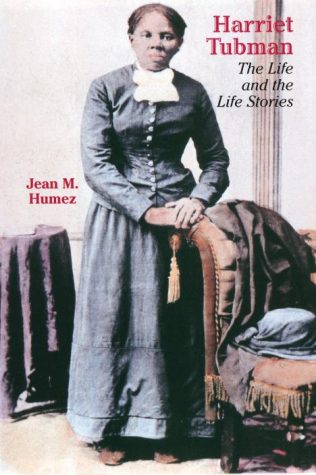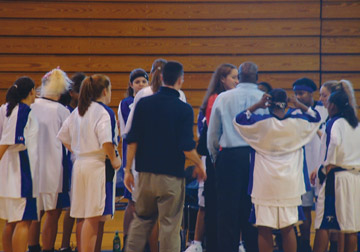Eeky Geeky: Weekly Peeky at the Freaky
December 12, 2003
How to study using the Internet: a savvy users guide.
In honor of our last issue of the semester and the advent of finals season, not to mention the fact that this column will doubtless be the first thing so many impressionable young minds see when both of them unwittingly pick up the paper this coming spring, EGWPATF is, for one week only, a repository of incredibly useful knowledge.
But first, the news. Sharman Networks, the proud papa of Kazaa, filesharing network to the gods, has assassinated Kazaa Lite, the free client scrubbed clean of adware and spyware. Sharman, which makes a tidy sum of money, no one is exactly sure how, hosting the FastTrack network on which millions of shiny little geekoids share files, decided that a software utility that was quick, well-written, reliable, and respected the privacy of its users was too much for the world to bear.
In other news, K is still available on Kazaa. A quick morning search turned up 895 matches. So, best of luck, Sharman. Top-down customer abuse (“management”) becomes a little harder when they have filesharing at their disposal.
Now, to study on the internet, arguably the most powerful research tool ever created, a few basic rules must be followed to the letter to ensure a stunning final grade that will knock your professor’s socks off his or her pale, cultivated, agile, and academic toes.
First, make sure that expedience is your major goal. Study goals for fourteen weeks worth of the best a western education can get you should be accomplished in no more than one half the hour. There is simply no earthly reason why any kind of research should require time or effort. The first search result is the best search result.
Second, make sure to use MSN.com or AltaVista for your searches. After all, they sell their searches to the highest bidder, so obviously that weeds out all the junk that people actually interested in your subject want to tell you. Google just gives back too many answers, you know.
Third, make sure that you type each thing you have to study up on into the search engine as a complete question, with punctuation. Random string relevance and keyword context are for sissies. After all, if all you can find on comparative zoology is the visitor’s guide to the Smithsonian, then that’s surely what your professor was talking about.
Fourth, and of critical importance, is to make absolutely sure that you don’t cross reference anything you need to study with LexisNexis or PubMed of the other databases and periodicals you have access to. A website citing clinical trials from 1912 proves beyond a shadow of a doubt that homeopathy is the current gold standard in preventative care. Don’t even think about checking the newsgroups for some hints, either. Everyone knows USENET’s only for freaks who can’t figure out how to IM.
Fifth, the best way to help that stubborn final project along is to quote whole paragraphs worth of text from any website with more than 500 words on your topic. Make sure that you only quote below the opening sentences because then your professors won’t be able to find out that you’ve been plagiarizing. It’s not easy at all to recognize when a student copies from a source and enters some examples into Google.
Enjoy! Remember, after all is said and done, you just need that GPA, and anything worth knowing is only worth knowing superficially! Don’t forget to rely on the opinions of those who can be bothered to put up a crank webpage and you’ve gone as far as you need to!
EGWPATF, The Mass Media, and I, your friendly news editor and virtual-epiphenomological philosopher, thank you all for a great semester. Stay weird.






















































